We are one of the leading suppliers of hotel soaps and shampoos in the region and you can turn to us for bulk purchases of detergents direct from the factory door.
Liquid soap dispensers often have a very large capacity to hold solution.
They require little maintenance, are easy to operate, and may be used continuously.
As a result, the amount of time required for housekeeping to perform basic tasks such as completing hotel facilities and disposing of waste generated by half-used soaps and their packaging is reduced.
Soap was mentioned for the first time in the book “Naturalis Historia” written by the Roman scientist Pliny the Great and dated 77 AD. by Gauls, especially men, to give their hair a “red color.”
These soaps were not used for personal hygiene by the early people who created them. Rather, it was used to clean cotton or wool fibers before weaving them into cloth.
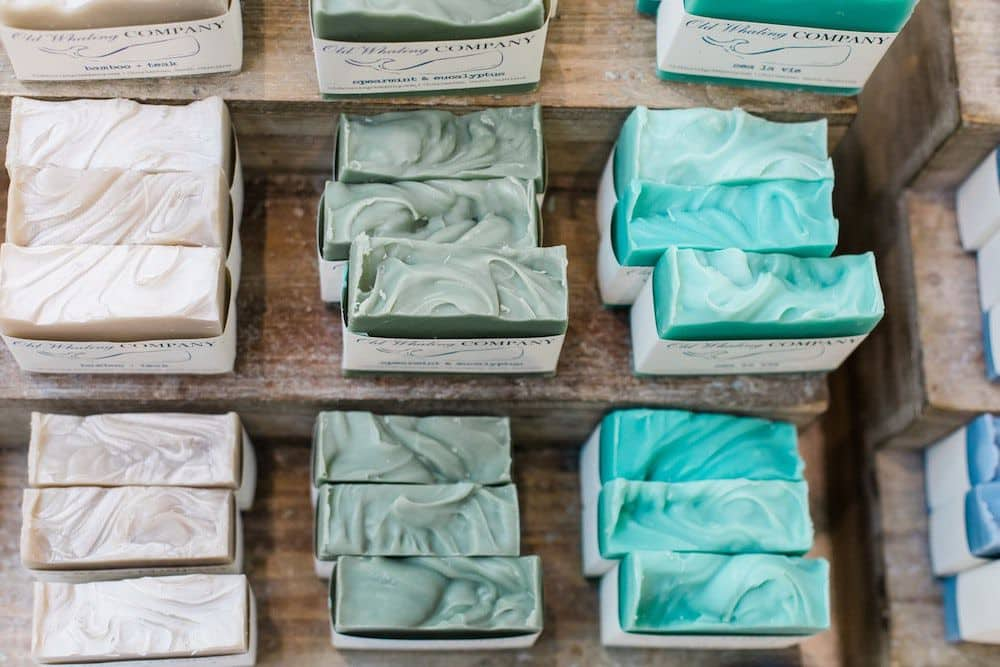
Even the ancient Greeks and Romans, who pioneered the use of running water and public baths, did not use soap suds when cleaning their bodies.
Instead, members of both sexes would first bathe in water and, after drying off, rub aromatic olive oil all over their bodies.
A strigil, metal file, or reed scraper was used to remove any remaining oil or dirt.
During the Middle Ages, a new type of soap made from vegetable oil became popular as a luxury product used by the highest echelons of European society.
These soaps were praised for their softness, purity, pleasant aromas and other qualities.
The first one, known as Aleppo soap, was made in Syria and brought to other parts of the world by Christian crusaders and traders.
Olive oil and aromatic laurel oil are the two main ingredients in the formulation of this bar soap.
Versions were published in French, Italian, and Spanish, and shortly thereafter an English version.
The best known of these soaps was Jabon de Castilla, sometimes known as Castile soap.
This soap takes its name from the region in the middle of Spain where it was produced.
White bar soap made with olive oil was very popular among European royalty. Today, people often use the term “castile soap” to refer to any other type of hard soap.
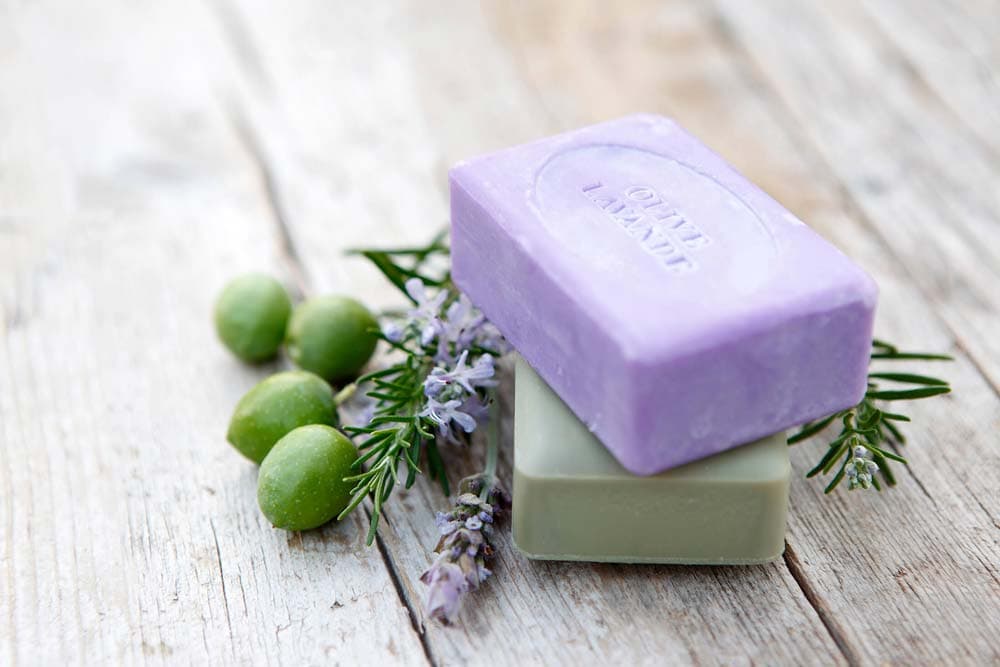
By the time the American colonies were established (between the 1500s and 1700s), most Europeans—rich or poor—had abandoned frequent bathing due to concerns that the water might actually carry disease.
Soap making was part of the seasonal household routine managed by women, and colonists mainly used it to clean their homes.
According to a Connecticut lady who lived around 1775, women saved fat from slaughter, cooking oil, and wood ashes for the winter.
In the spring they made sap from the ashes and cooked it in a large kettle with fat and fat. Women used this soft soap to wash the linen underwear worn by the colonists.
The establishment of soap manufacturers in the young country, such as Colgate in New York (1807) and Procter & Gamble in Cincinnati (1837), expanded soap production on a larger scale, but did not change the composition or use of soap.
Middle-class Americans had begun to use water for bathing again, but still avoided soap.
The tallow trade, which was closely related to the candle industry, continued into the soap making industry.
There was soap for laundry. Workers used large cauldrons to boil grease collected from homes, hotels, and butchers to create candles and soaps sold at the original P&G factory.
Much For You hotel soap is similar to most other guest-sized soaps, usually in the shape of a circular bar. Each bar has its own wrapper.
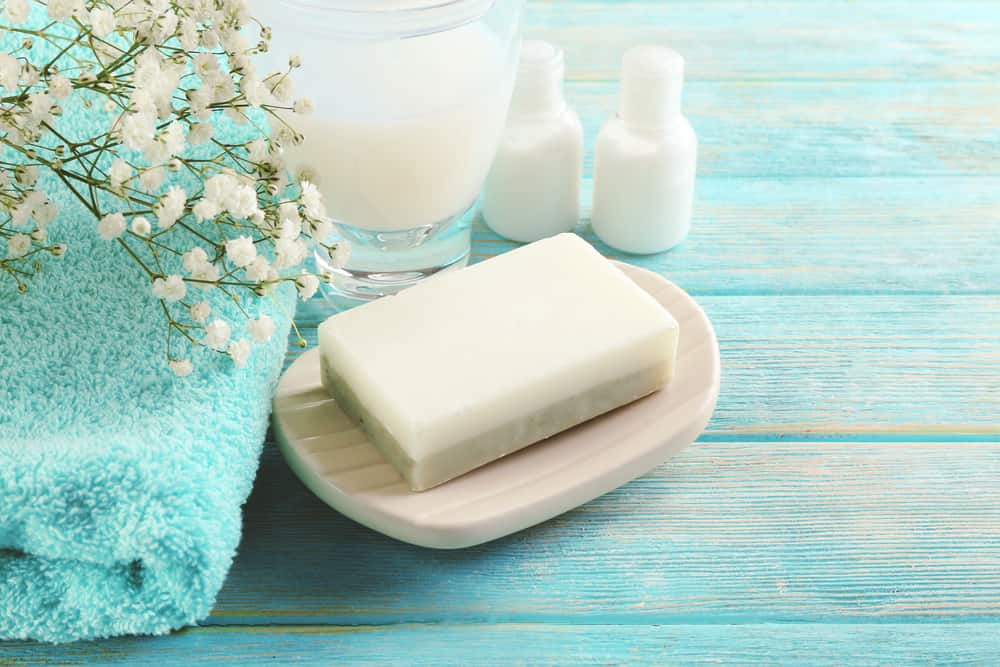
The hotel soap is individually wrapped in clean, pristine white paper, and there is a green sticker that says “Just for you” on the front of each bar.
Moreover, due to this feature, it is different from the usual range of soaps offered to hotel guests.
Raz Just For You hotel soap has a pleasant scent that is not overpowering, and the visitor feels cleaner and fresher smelling after using it than before using the soap.
The 15 gram wrapped hotel soap bar is the perfect size for a free gift offered in hotels.
Our Hotel Glycerin Leaf Bars have a delicate leaf pattern and thick foam.
They’re made with only 100% herbal, spa-quality formulas and have a soothing scent of soothing aloe.
When this solution absorbs dirt and oil and gently washes away, their skin will feel soft, smooth and residue-free.
It may be used as a body or face soap and is formulated to match any of our guest amenity lines. Individually wrapped to create a fresh foam strip every time.
At factory prices, we offer a wide range of the finest unique or bespoke soaps. Only high quality materials approved by us are used.
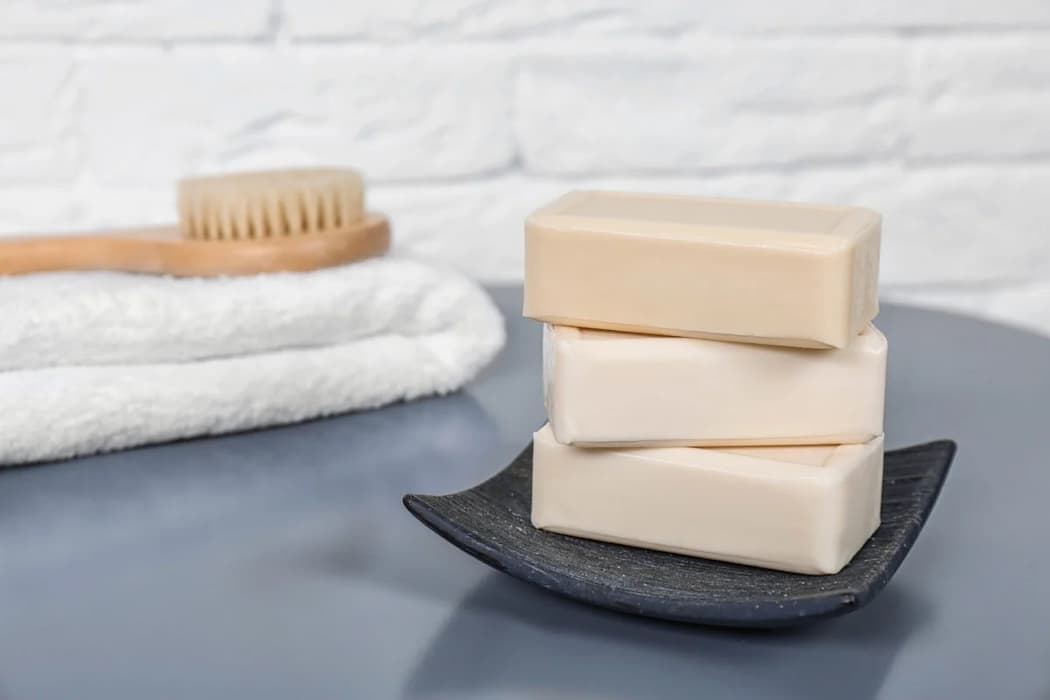
For vegans and anyone who values the environment, we can also provide 100% natural olive oil soaps.
Our soaps may be fortified with a variety of organic plant extracts, including goat’s milk, honey, pomegranate, apple, orange, cinnamon, daphne, lavender, and thyme.
This collection of scents will stimulate the senses of your hotel visitors and help create a more relaxed atmosphere.
We offer a wide variety of packaging styles, such as die-cut or die-cut cardboard boxes, pleated cellophane wraps, stretch wraps made from natural paperboard, aluminum pouches, and natural paperboard itself.
We are ready to provide you with any type of detergent you need, in addition to providing exceptional customer service and reasonable prices for our products.
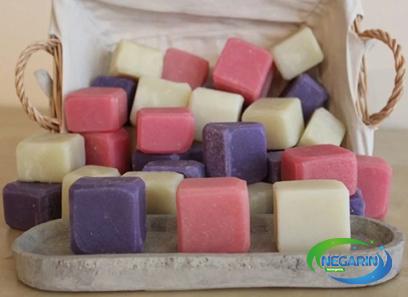
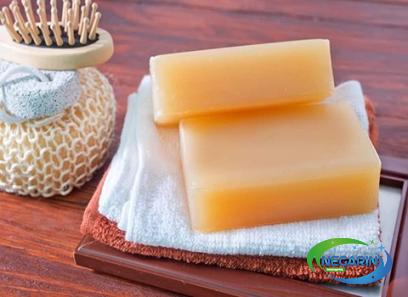
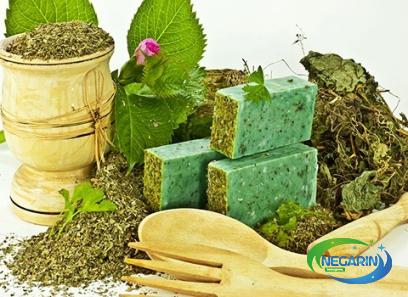
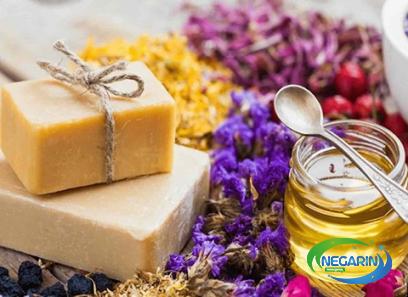
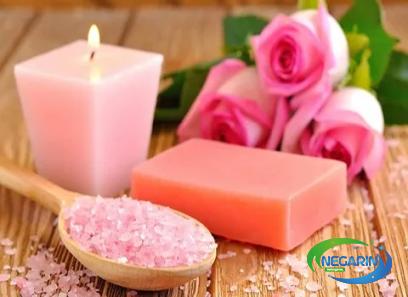
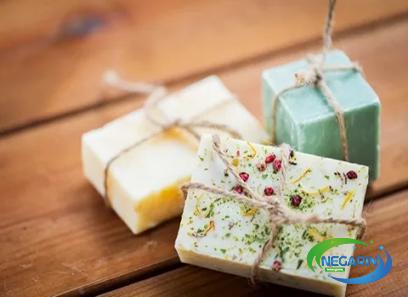
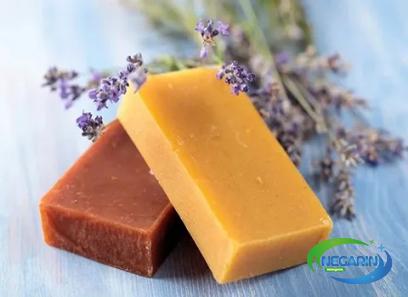
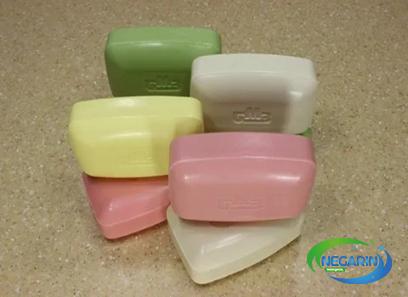
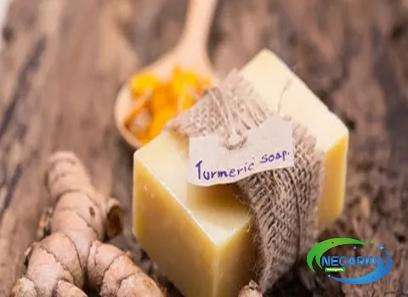
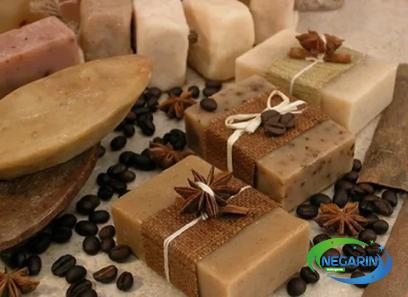
Your comment submitted.